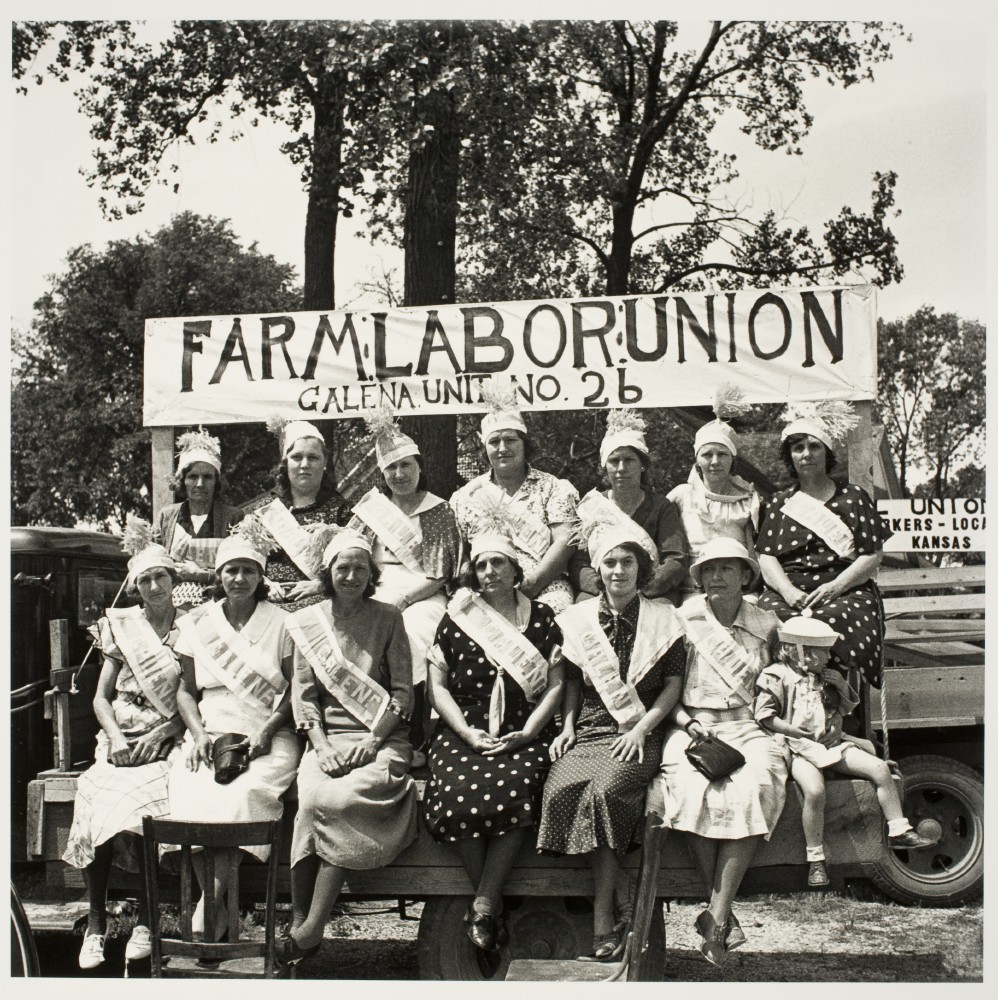
Labor unions have long been the subject of debate, with some arguing they protect workers’ rights and others believing they stifle competition and economic growth. This article will defend the existence of voluntary labor unions, exploring their roles in the modern economy while acknowledging the importance of maintaining fair competition.
Unions as Corporations Selling Labor
First, it is crucial to recognize that a labor union can be viewed as a corporation that sells labor. They negotiate on behalf of workers for better wages, working conditions, and benefits, just as corporations negotiate for more favorable contracts and deals. Unions provide a service to their members by representing their interests collectively, giving workers a stronger voice in negotiations.
However, just as it is wrong for corporations to engage in anti-competitive practices that harm the public, it is also wrong for unions to do so. Adam Smith, the father of modern economics, warned against the dangers of businesses conspiring against the public, and we must apply this same principle to labor unions.
Balancing the Rights of Workers and Market Competition
To ensure a fair and competitive labor market, unions must avoid engaging in practices that stifle competition. For example, they should not prevent employers from hiring non-union workers or require that only union members be employed. Such practices can lead to an artificial monopoly over the labor market, which in turn may lead to higher prices for consumers and reduced economic growth.
In defense of voluntary labor unions, they provide significant benefits to their members and society as a whole. For instance, they help to:
- Ensure fair wages: Unions negotiate for higher wages and better working conditions, which can help reduce income inequality and improve the overall quality of life for workers.
- Promote workplace safety: By advocating for better safety standards, unions can help reduce workplace accidents and injuries, which ultimately benefits both workers and employers.
- Encourage skills development: Unions often provide training and education opportunities for their members, which can lead to a more skilled and productive workforce.
- Foster social cohesion: Unions can help build a sense of solidarity among workers, creating a stronger sense of community and belonging.
Finding a Middle Ground
The key to defending voluntary labor unions lies in finding a balance between protecting workers’ rights and promoting market competition. It is essential to recognize that unions play a vital role in advocating for workers and ensuring they receive fair wages and benefits. However, it is equally important to prevent unions from engaging in anti-competitive practices that may harm the public.
In conclusion, voluntary labor unions can be an essential part of a healthy economy when they act responsibly and fairly. By acknowledging their role as corporations that sell labor and committing to practices that promote competition and economic growth, unions can continue to protect workers’ rights without unduly harming the public interest.

Comments are closed